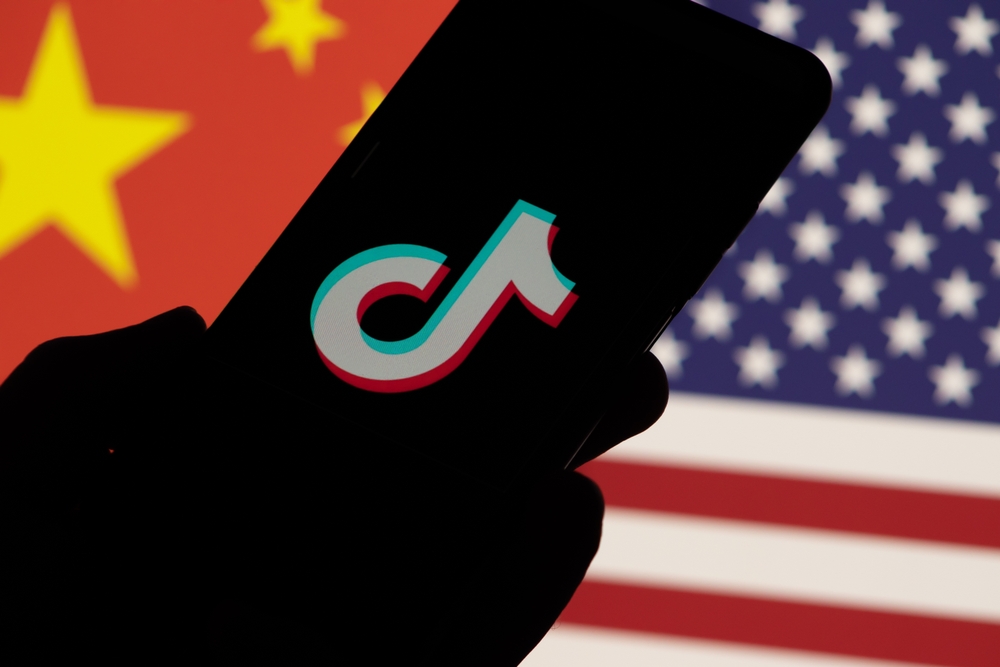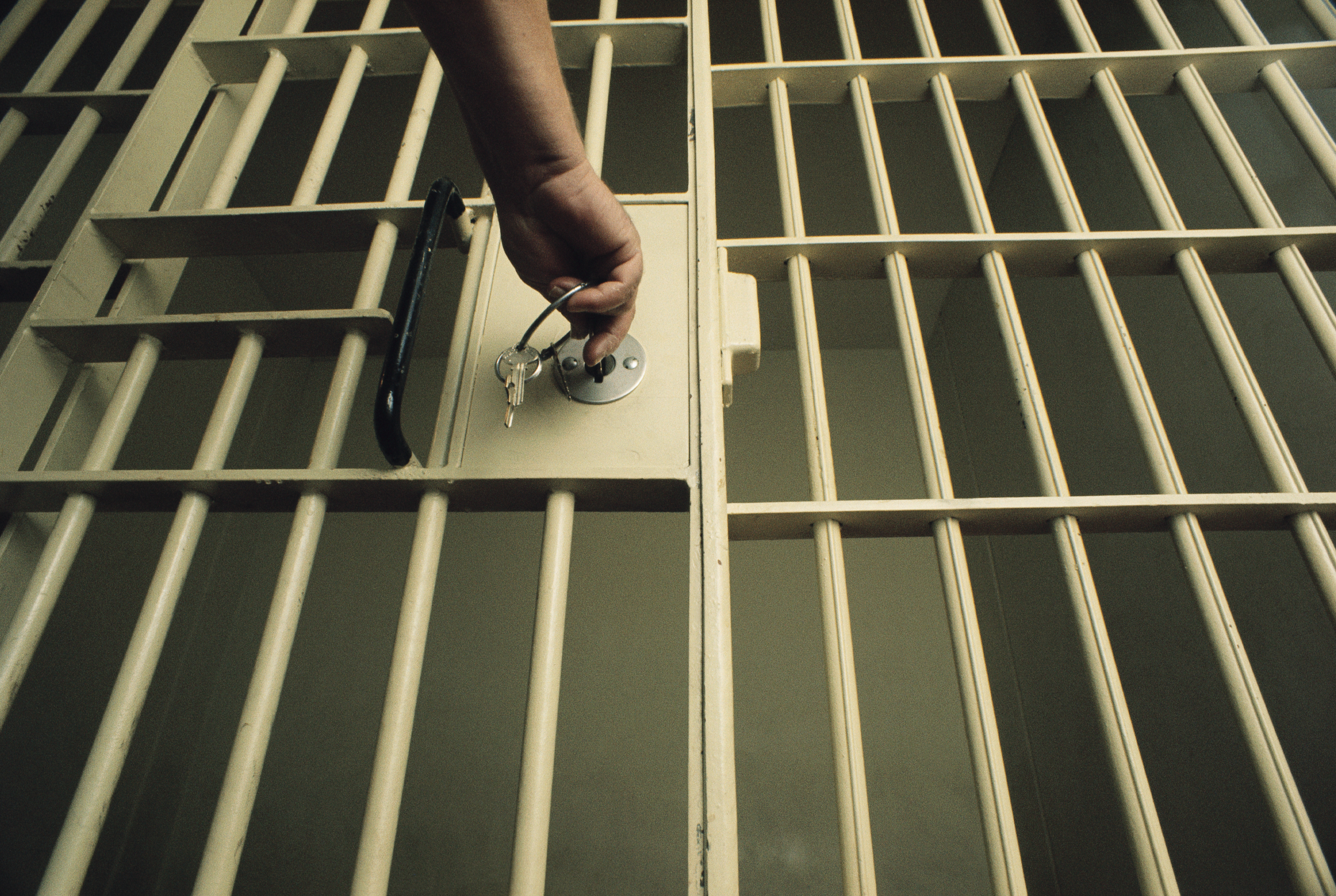Despite the Warren Commission's 1964 conclusion that Lee Harvey Oswald acted alone, most Americans believe that there was a wider conspiracy to assassinate President John F. Kennedy.
There is little agreement, however, on who could have arranged such a plot.
The seemingly unlimited number of potential explanations has fueled a teeming micro-industry of academics, historians, journalists and amateur sleuths who churn out books and websites devoted to advancing one theory or another.
Some are considered rational. Others, not so much. Many have turned up in movies and books, in television and video games. All have added fuel to a mystery that may never be fully explained.
Making sense of them all is virtually impossible.
Lawyer Vincent Bugliosi, best known as the prosecutor who put Charles Manson behind bars, tried to analyze every one for his 2007 book "Reclaiming History: The Assassination of President John F. Kennedy." He found himself drowning in what he called "a bottomless pit."
Consider this short guide as a way to avoid the pit.
U.S. & World
Stories that affect your life across the U.S. and around the world.
Most Popular Theories about JFK's Assassination
1. A second shooter
The Warren Commission dismissed the possibility that anyone but Lee Harvey Oswald fired the shots in Dealey Plaza. But the U.S. House Select Committee on Assassinations found a "high probability" that two people fired on the president, and said one shot could have come from the direction of the grassy knoll. Other researchers have made similar conclusions.
2. A mob hit
Advocates of this theory believe that organized crime had good reason to target Kennedy — his brother, Robert, the attorney general, was leading an unprecedented legal attack on the mafia. Secretly recorded government surveillance tapes from the era captured conversations among mob leaders in which they expressed anger about the Kennedy crackdown, and the need to stop it. Some even groused that the president ought to get whacked. Both Oswald and his killer, Jack Ruby, had links to people with mob connections. But the Select Committee on Assassinations looked into all of this, and could find no evidence that the mob as an organization was involved. However, it could not rule out the participation of individual members.
3. A CIA plot
This theory continues to thrive in large part because of the CIA's apparent efforts to conceal what it knew about Oswald before the assassination, and revelations about the agency's role in plotting assassinations of foreign leaders, including a discussion of enlisting the mob to kill Cuban dictator Fidel Castro. In recent years, researchers have uncovered the CIA's relationship with a group of anti-Castro exiles, and that group's relationship with Oswald. That has raised questions about what the CIA was trying to hide. It points to possible negligence, but there is no proof of anything worse.
Theories in Popular Culture
1. "JFK"
This Academy Award-winning 1991 film by Oliver Stone is a mashup of several suspected plots involving the mob, the CIA, the military-industrial complex, the Secret Service and the FBI, then-Vice President Lyndon B. Johnson, and Fidel Castro. "JFK" was a huge success, despite its many historical inaccuracies. It sparked renewed interest in Kennedy conspiracy theories and led to the creation of the President John F. Kennedy Assassination Records Collection Act of 1992, which provided for the National Archives to house all documents related to JFK's killing.
2. "Libra"
Novelist Don DeLillo's best-selling fictional 1988 account of Oswald's life imagines a plot in which disgruntled CIA operatives, angered by Kennedy's bungling of the Bay of Pigs, stage an unsuccessful attempt on the president's life in order to arouse anti-Communist sentiment. Then the plot turns on the question of whether a successful assassination scheme would work even better. The novel mixes historical events and invented ones, real people and fabricated ones. DeLillo made clear that he was not trying to provide any kind of factual answers about the assassination.
3. Other mentions
Conspiracy theories crop up all over the place in other popular media, from sitcoms to comics (all works of fiction). They include:
- The graphic novel "The Watchmen," which suggests the character named The Comedian had something to do with the Kennedy assassination; in the 2009 movie version, The Comedian is shown as the shooter on the grassy knoll.
- A 1996 episode of the television series "The X-Files," in which the mysterious character known as The Smoking Man is shown firing on Kennedy from a sewer drain in Dealey Plaza.
- A 1992 episode of "Seinfeld" satires "JFK" by re-imagining it the retelling of a spitting incident outside Shea Stadium involving Keith Hernandez.
The Wild and Obscure
1. Coke made him do it
J.I. Rodale, editor of "Prevention" and founder of a magazine publishing house, reportedly believed that Oswald suffered from debilitated mental health because of an addiction to sugar, and that condition led him to shoot the president.
2. Killed over aliens
In 2011, author William Lester said he'd obtained from the government copies of memos in which Kennedy purportedly asked the CIA for information on its research into alien activity. The document, and others, have fueled a theory that Kennedy was killed to keep him from exposing the CIA's work and the existence of UFOs.
3. A Secret Service accident
The theory that an agent on Kennedy's Secret Service detail accidentally shot the president, and was covered up by the government, has survived for years, despite legal action by the agent's family. The theory has now been given new life, thanks to a documentary called "JFK: The Smoking Gun" by Colin McLaren.



